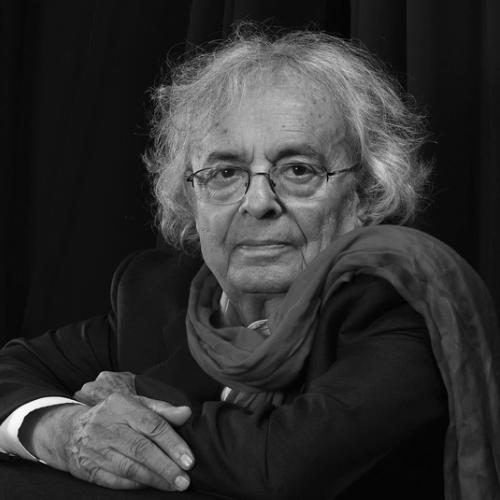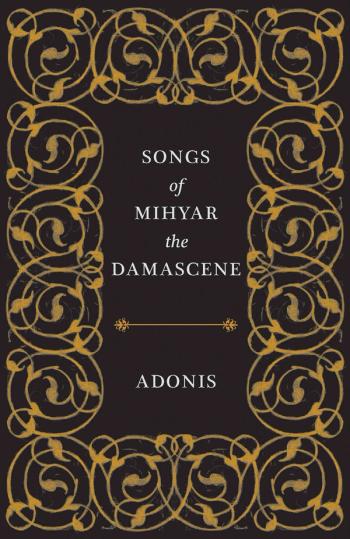Adonis
Adonis, described by Edward Said as “the most eloquent spokesman and explorer of Arabic modernity,” was born Ali Ahmed Said Esber in the Syrian village Al-Qassabin in 1930. A perennial candidate for the Nobel Prize in Literature, Adonis initiated a revolution in the structures and themes of Arabic poetry. In 1956, fleeing political persecution, he moved to Beirut, and in 1985, the ongoing Lebanese civil war forced him to relocate to Paris, where he has resided ever since. Adonis has translated several poets into Arabic, such as Ovid and Saint-John Perse, and has received numerous honors, including the Ordre des Arts et des Lettres, the Goethe Prize, and the Pen/Nabokov Award.

